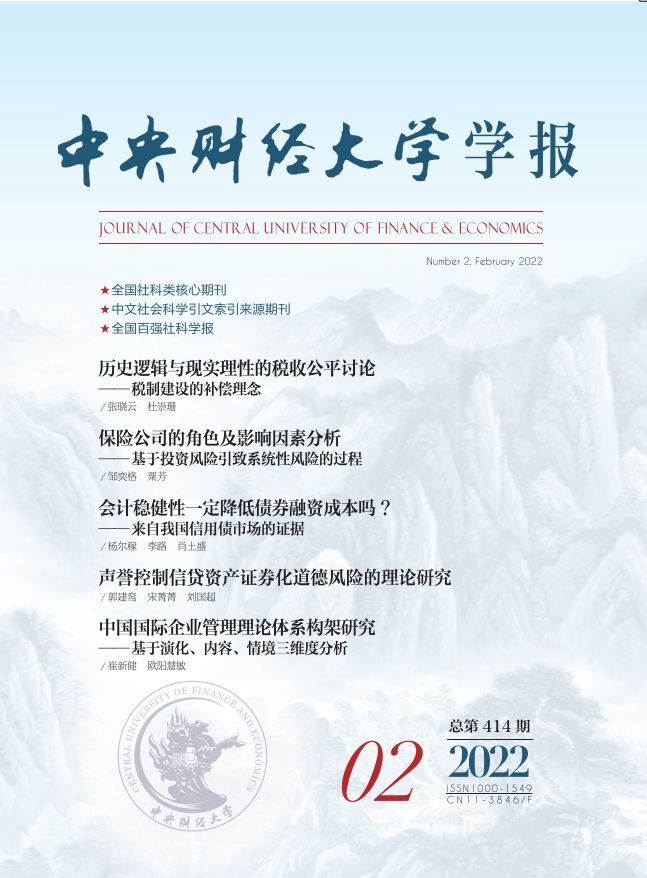LI Qian, WU Hao, GUO Meng-ting, WANG Jia-min
2022, 0(2): 65-77.
Early studies have shown that media coverage,as an important external governance mechanism,can inhibit the principal-agent contradiction within companies.However,an increasing number of studies have found that media coverage is interfered by many factors,and there are selective and tendentious coverages,that is,media sentiment.Based on the data of listed companies in Shanghai and Shenzhen stock markets from 2006 to 2017,this paper finds that there is a significant negative correlation between media and corporate risk-taking.State-owned enterprises and listed companies with richer relationship networks,the more significant the inhibitory effect of media sentiment on corporate risk-taking.A good level of corporate governance can suppress the negative effects of media sentiment on the corporate risk-taking.This paper also finds that compared with the supervision effect of negative coverage,the cover up effect of positive coverage is more remarkable.Simultaneously,the impact of media sentiment on corporate risk decision-making will decrease with time.The results of this paper confirm that media sentiment may weaken or even lose the external supervision function of the media and aggravate the principal-agent conflict.The research expands the economic impact of media sentiment on listed companies,enriches the relevant theories of media corporate governance,and has certain practical significance for the healthy development of capital market.
